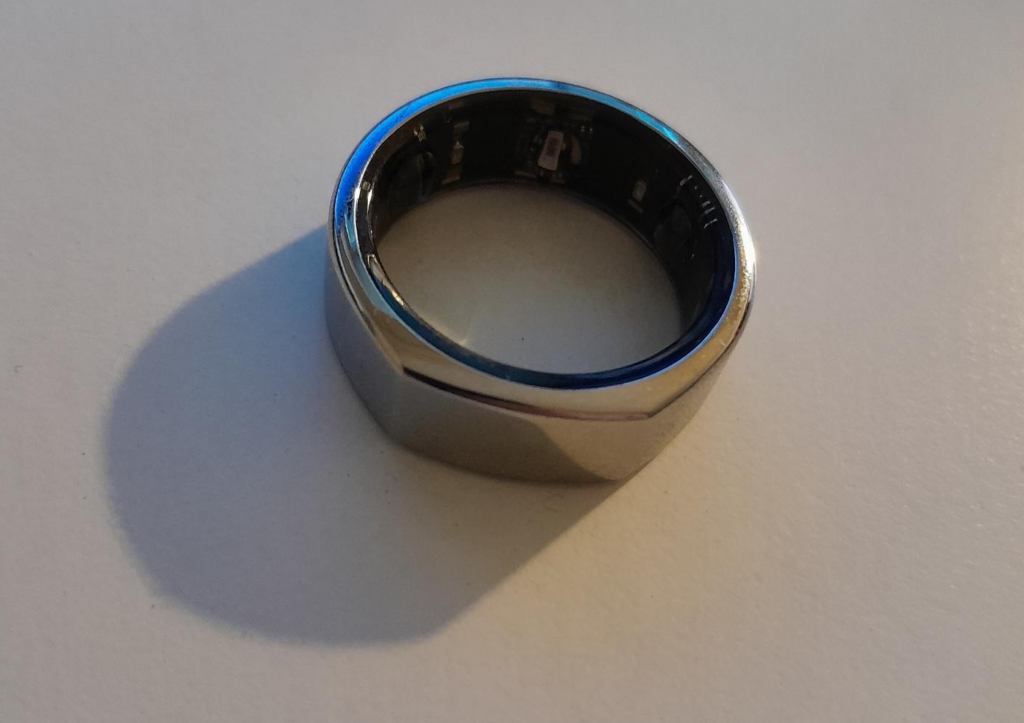
My Oura ring arrived in the mail today. In this post I write about my first impressions with the ring. For those unfamiliar with Oura, it’s a piece of wearable electronics that costs about 300 euros and tracks things like your heart rate, body temperature and steps walked. You can view your statistics by using the Oura app on your phone, which receives data from the ring via Bluetooth. It’s a very neat idea, but there are some things that definitely rub me the wrong way.
The subscription model
Unfortunately, the app keeps most of your data hostage unless you pay a bullshit 6€/month subscription fee. This is very frustrating, since the data is there, but you are prevented from accessing it. I still bought the ring because the ring seemed to be the best product in this category on the market at the moment.
I get it that the company needs money, but I wish they made their money some other way, such as offering additional data processing or recommendations. Or they could take the mobile phone company route, and make a new model every year with some shiny new features to get people to buy new hardware. With the current model, you don’t even get to see your heart rate if you don’t pay.
Not cool Oura, not cool. I’m semi-seriously considering trying to reverse engineer the bluetooth communications to get access to my data without the subscription. I wonder if they put some kind of encryption in place to prevent this. It might be that the data flows through their servers which decrypt the data for their app.
I also feel somewhat uncomfortable that my health data is apparently stored on their servers. Why do they need to store my data? My phone has plenty of storage space. Is the data properly anonymized? I think not, because it’s linked to my account. What if there is a data breach? I would feel safer if the data never left my phone.
The company probably wants to run analysis on the customer data to improve their product. That is reasonable, but I wish there was an option to opt out.
Show me the algorithms
Oura runs some analysis on our data and summarises it into a few key metrics. They are called the readiness score, the sleep score and the activity score. As a data nerd myself, I would be interested in the methods and formulae used to compute these scores. I would like to see a paper that describes the methods in detail. The official documentation is quite vague. I realise the average user is probably not a bioinformatician like me, and probably not so interested in the technical details.
I am not really interested in simplified aggregate scores. I am more interested in the raw data, and I would like to do the interpretation myself. Fortunately, Oura does let you download your data in csv format, given that you pay the subscription fee, and I’m looking forward to doing that after I’ve used the ring for a few weeks.
All that being said, the ring and app do seem to work. When I went for a run today, it correctly recognized the activity and calculated estimated calories burnt. I did not get the heart rate during workout, because it turned out that I needed to enable that separately. The app also works as a fitness tracker where you can log your workouts.
There are still many features which I have not explored, such as the sleep tracker. I might write a follow-up post later down the line. My first impressions are okay, even though the subscription model is annoying to me.